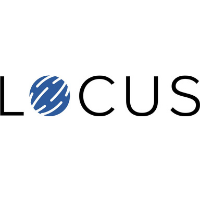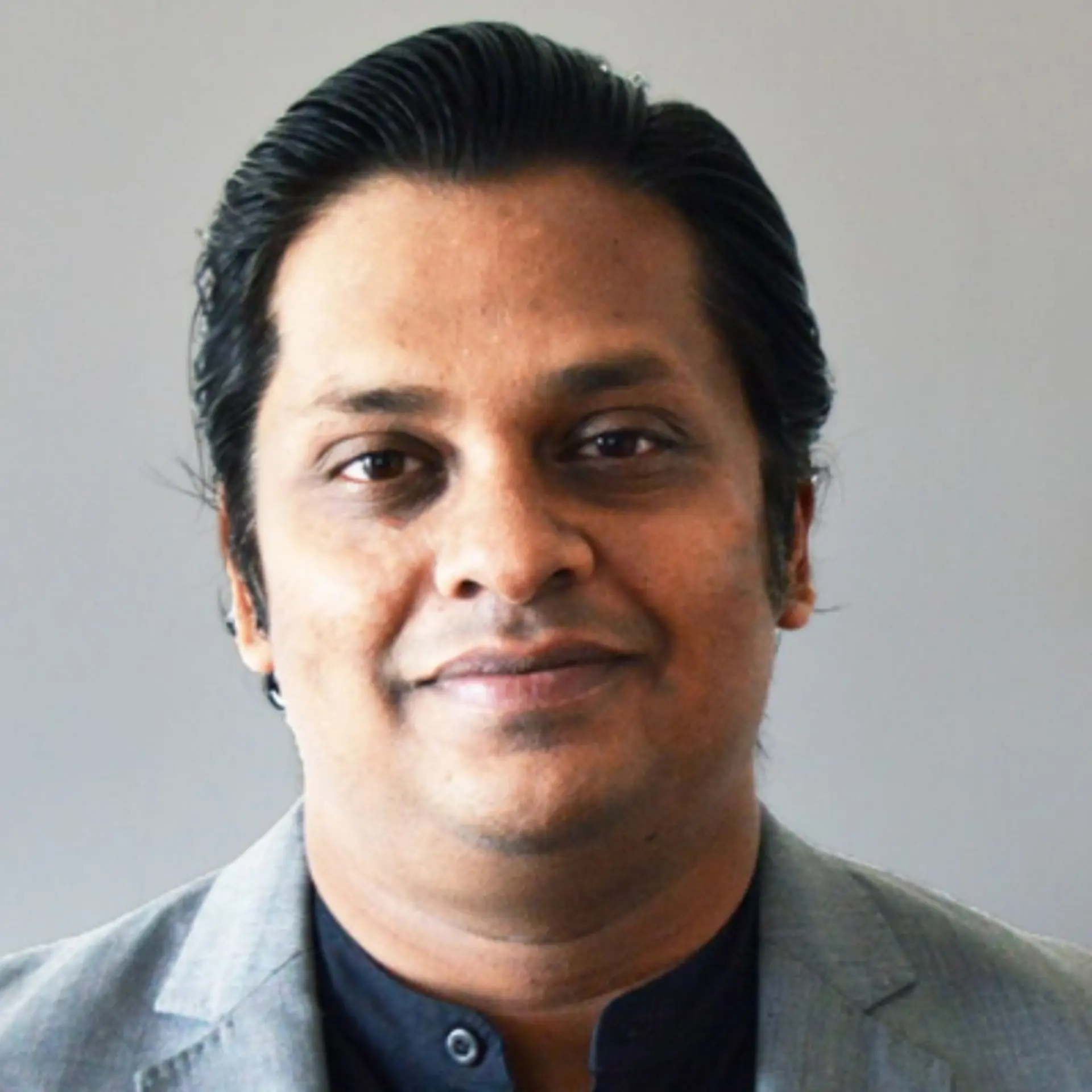
Locus.sh
View Brand PublisherFounders of CRED and Locus share how to lead in a crisis, why employees are shareholders and on lifelong learning
If there's one thing the pandemic has taught businesses, it's that real leaders are forged in crisis. It's a never-ending sprint into unknowns - one zoom meeting after the other, dealing with health crises of employees, revenues dropping, ensuring team productivity and so on. Leaders have been forced to change their leadership styles and it's also quite clear that it will take a long time for things to return to normal.
On the second episode of Locus Inspire on July 27, 2021, Nishith Rastogi, CEO, Locus in conversation with Kunal Shah, Founder, CRED, spoke on how the company is thriving during this uncertain time, and building a team-first culture, among other topics.
Be a leader, not a manager
Not only did CRED survive the pandemic, but it also thrived and entered India’s unicorn club with a $1 billion valuation. According to Kunal Shah, leaders and managers are not the same. Managers see people as resources and juice work out of them, whereas leaders are personally responsible for their careers and ensure that they're successful, even after they have left the company.
The core principles of leading have remained the same for him ever since he ventured into entrepreneurship - to document your evolution and share your learning with others. "Unlike China and the Bay area, most Indian founders don't openly share what they know. You need to share your insecurities, vulnerabilities, discoveries and insights, to help the people around you grow," he said.
It's also important to spend time with the team beyond work to discuss their concerns, ask silly questions, and solve problems for them.
Nothing beats face-to-face interaction
On tactical steps to make sure people are genuinely connected when remotely onboarded, Kunal said that there's no single mantra that really works. Humans are social species who need to meet to know and understand each other.
"There's energy shared that no Zoom meeting can replicate. The only solution is to get your employees vaccinated and get them to meet to ensure high-quality engagement," he said.
He added that cross-border communication only works when teams are small and you can be genuinely interested in each other. Over time, there could be an erosion of trust as you can't really do creative or innovative work remotely.
It’s also important to discuss the organisation's values with the team. "Most leaders have a disconnect between what they state and the actual behaviour. Ask your team to look at the values and see if it looks like your company or someone else."
Make your employees shareholders
Prior to Locus, Nishith worked with Amazon, which had four key stakeholders - team, customers, investors and media. For Kunal, managing stakeholders isn't so difficult as they will automatically speak for you if you genuinely do a good job.
"If the team intends to do a good job together and prosper together, high growth will come naturally. Smart leaders don't manage stakeholders - they just do the right thing in public."
The company's share value grows when leaders generously share their wealth with employees. "Salaries are not going to attract high-quality talent anymore. Smart people understand what stocks do and they need to experience a sense of ownership." That being said, Kunal feels that when you bring too many people into the picture, ownership dies.
Nishith added that companies need to be more transparent with employees, as they are with shareholders. "Townhalls should double up as shareholder meetings," he said.
Create value in an unexplored market
Kunal’s brainchild Freecharge was built for all of India, whereas CRED was built for a specific group of people. His learning from one company to the next is that you need to become something to someone vs becoming everything to everyone.
"You can never create high-quality products if you build for everyone. When you're a monopoly, you tend to gravitate towards competition. The better approach is to find areas that no one has explored before, he said, adding, "The true superpower is distribution, but this comes only after providing value."
Learn on the go
Most founders think their validation comes from constantly being busy. Kunal realised that he achieved the highest amount of progress for his company when he was free. "When you're free, you're able to see the distant picture, process things clearly and make bigger and better changes."
According to him, founders' goal shouldn't be to clear their inboxes. "Inbox 0 is not necessary. That only makes sense if your inbox is gated and you get only curated stuff. People who really need to get things done will reach you anyway."
For Kunal, fanaticism is like a prison - you need to learn something from everyone, everywhere. "I follow biologists, meme pages, celebrities, tech founders on social media. I love discovering new concepts, chasing nuances and exploring why things are the way they are. If you have time, you will learn and if you don't you won't learn - that's the way I see life."
Listen to the full conversation between Kunal and Nishith here.








